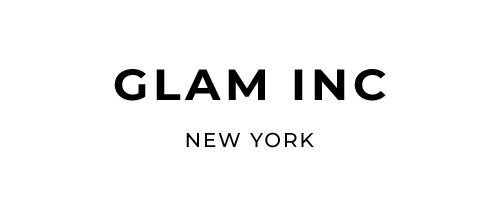WARTS
Salicylic Acid
Salicylic acid is a common over-the-counter treatment for warts. It works by gradually breaking down the wart tissue and promoting its removal.
Cryotherapy (Liquid Nitrogen)
Cryotherapy involves freezing the wart with liquid nitrogen, causing it to blister and eventually fall off. It's often performed by healthcare professionals.
Duct Tape Occlusion
Duct tape occlusion involves covering the wart with duct tape, which may stimulate the immune system to attack the virus and eliminate the wart.
Cantharidin:
Cantharidin is a chemical compound applied by a healthcare provider to form a blister beneath the wart, causing it to lift off the skin.
Imiquimod Cream
Imiquimod is a topical prescription cream that stimulates the immune system to help the body fight the virus responsible for warts.
Podophyllin
Podophyllin is a plant-based resin used by healthcare professionals to destroy warts by disrupting their cell structure.
Bleomycin
Bleomycin is an injectable medication used by healthcare providers to treat particularly stubborn warts by destroying the infected tissue.
Laser Therapy
Laser therapy involves using a focused laser beam to remove warts. It's typically used for larger or resistant warts.
Silver Nitrate
Silver nitrate is a caustic substance used by healthcare providers to chemically burn and destroy wart tissue.
Apple Cider Vinegar
Some people use apple cider vinegar as a home remedy for warts. It's applied topically and may help soften and dissolve the wart over time.
The choice of treatment depends on the type, location, and size of the wart, as well as personal preferences and medical history. It's advisable to consult with a healthcare professional for proper evaluation and guidance on the most suitable wart treatment approach. Additionally, it's essential to avoid picking or scratching warts, as this can lead to the spread of the virus to other areas of the skin.
